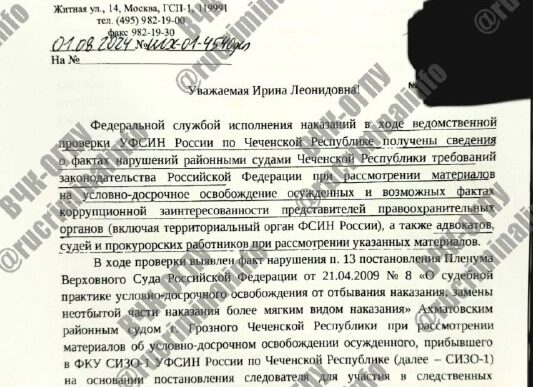An investigation by OCCRP and Lithuania’s 15min has prompted authorities to launch a probe into the founders of Bankera, a crypto-finance firm that raised over €100 million in a 2018 initial coin offering (ICO).
The announcement from Lithuania’s Financial Crime Investigation Service (FNTT) came on the heels of the April 28 publication of the journalistic investigation.
Reporters found evidence that Bankera’s co-founders used a portion of the funds raised in the ICO to finance luxury real estate purchases through a Vanuatu-based bank they secretly acquired.
Citing “information published in the public domain on April 28,” the FNTT announced “a pre-trial investigation, during which it will seek to establish all significant factual circumstances and assess whether a criminal act was committed by the company.”
According to leaked documents and banking records, over €45 million raised from investors was transferred to Pacific Private Bank, a boutique lender in Vanuatu owned by Bankera’s founders. Funds were then loaned back to companies and individuals tied to the founders.
The money was used to acquire a €1.1 million villa on the French Riviera, multiple properties in Lithuania, and to fund millions in “personal use” loans to the founders themselves.
The BNK token sold during the ICO has since lost nearly all its value. Investors, who were promised weekly revenue-sharing payments, stopped receiving returns by 2022. The company, meanwhile, continues to operate and says it serves over 1 million users.
Bankera’s three co-founders — Vytautas Karalevičius, Mantas Mockevičius, and Justas Dobiliauskas — did not respond to OCCRP’s requests for comment for the article published April 28.
Lawyers from the Lithuanian company Bankera UAB acknowledged that the crypto token’s value had “diminished significantly over time.” But they said the “Bankera brand is now well known and successful” and denied that the ICO was in any way fraudulent.
In its statement, the FNTT said “information about the relevant results of the pre-trial investigation to be made public will be provided as soon as it is possible to do so without jeopardizing the success of the investigation.”















